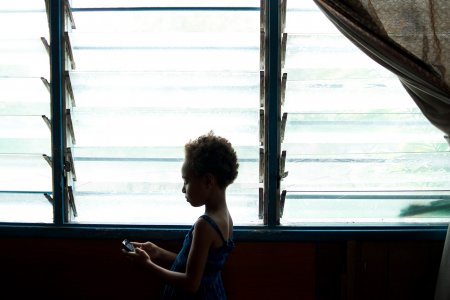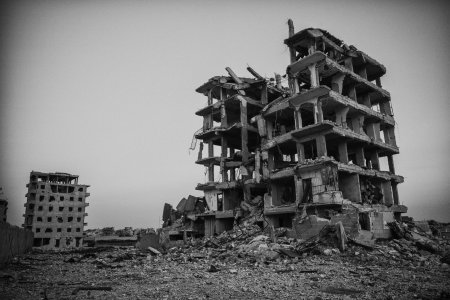
Motivations for mass violence: different interpretations
Nicolas Mariot
The conference – debate, was held on Thursday, October 3rd, 2019, at 6 pm, at MSF, 8 rue Saint Sabin.
What turns ordinary men into killers? The CRASH team organized a conference – debate with the sociologist and historian Nicolas Mariot, author of an article entitled « Faut-il être motivé pour tuer ? Sur quelques explications aux violences de guerre » (Genèses, n°53, 2003, p. 154-177) and books such as “Face à la persécution. 991 Juifs dans la guerre" (with Claire Zalc, Paris, Odile Jacob, 2010), “Tous unis dans la tranchée ? 1914-1918, les intellectuels rencontrent le peuple" (Paris, Seuil, 2013).
Nicolas Mariot presented two different interpretations of motivations for mass violence in the 20th century, drawn from a series of studies and surveys on the subject.
The first interpretation is culturalist. It suggests that massacres are motivated by hate due to racism, antisemitism, nationalism, fundamentalism, etc. This suggestion that the motivation for killing is rooted in a culture of hate has convinced a broad public. Some journalists and political personalities find scientific credibility in a vision of the world that reduces mass violence (in Syria, Central African Republic and South Sudan) to identity-based conflicts between radicalised groups opposed to each other on the simple basis of cultural, ethnic and religious differences.
The second interpretation is situational. It looks at the specific places and times at which massacres occurred. Without denying the role played by fervour, it highlights the ability of political rationales, group effects and collective conditioning to turn ordinary men into killers: pressure from groups of “friends”, local or family solidarity, micro-local rivalries, etc.
These subjects are relevant to the analyses of situations in which we work.
To cite this content :
Nicolas Mariot, “Motivations for mass violence: different interpretations”, 3 octobre 2019, URL : https://msf-crash.org/en/conferences-debates/motivations-mass-violence-different-interpretations
If you would like to comment on this article, you can find us on social media or contact us here:
ContributePast events
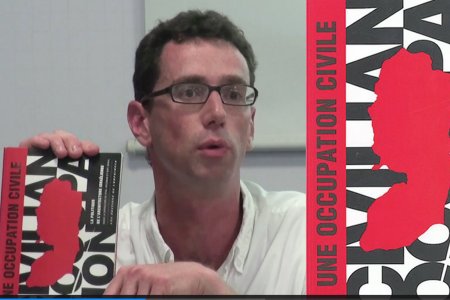 Conference
Conference
Eyal Weizman - Forensic Architecture at work
02/15/2016 - 07:00 PM 09:30 PMEyal Weizman, the founder of « Forensic Architecture » at the Goldsmiths College (University of London) came to present the project as well as a number of his works at a MSF - Crash conference organised at MSF.
 Conference
Conference
The polio eradication campaign put to test
02/04/2014 - 01:30 PM 07:30 PMThe polio eradication campaign has indeniably and remarkably succeeded in tumbling down the number of polio cases worldwide. But difficulties currently faced by the Programme -pockets of social resistance in several countries, reinfection of some countries, outbreak of epidemics associated with strains of vaccine-derived polio viruses- indeed challenge one of the main assumptions underlying the objective of the eradication itself : the full compliance of an entire population to a public health program.
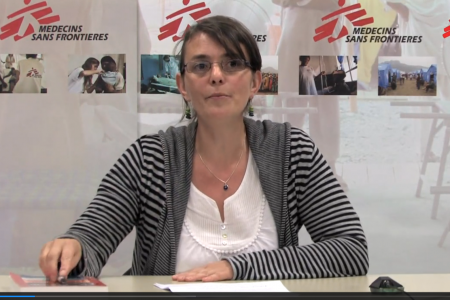 Conference
Conference
Living a Natural Disaster
11/03/2010 - 07:00 PM 09:00 PMPeople wandering through the rubble in Haiti, arms outstretched begging for help amid the floods in Pakistan: the media coverage of disasters invariably features helpless victims, overwhelmed by the disaster, waiting to be helped...
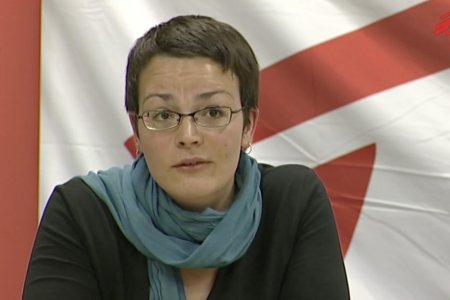 Lena Mucha
Conference
Lena Mucha
Conference
From their point of view
03/10/2009 - 07:00 PM 09:30 PMThe reasons why we are accepted, tolerated or sometimes rejected in the contexts where we work are often obscure. Caroline Abu-Sada and her team of sociology student shed some light on these issues.
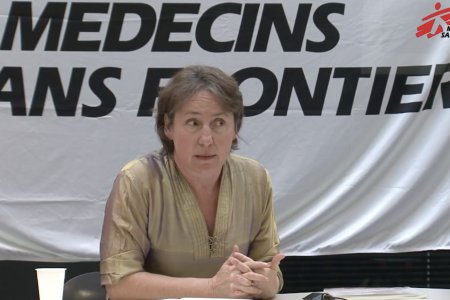 Jacob Zocherman
Conference
Jacob Zocherman
Conference
Grounds for divorce ? MSF and the international criminal court
04/08/2009 - 08:30 PM 10:30 PMIn 1998 MSF decided to support the creation of the International Criminal Court. 10 years later MSF stated that it ‘would not cooperate and would not transmit any information to the ICC'. How can we explain this change of position?

